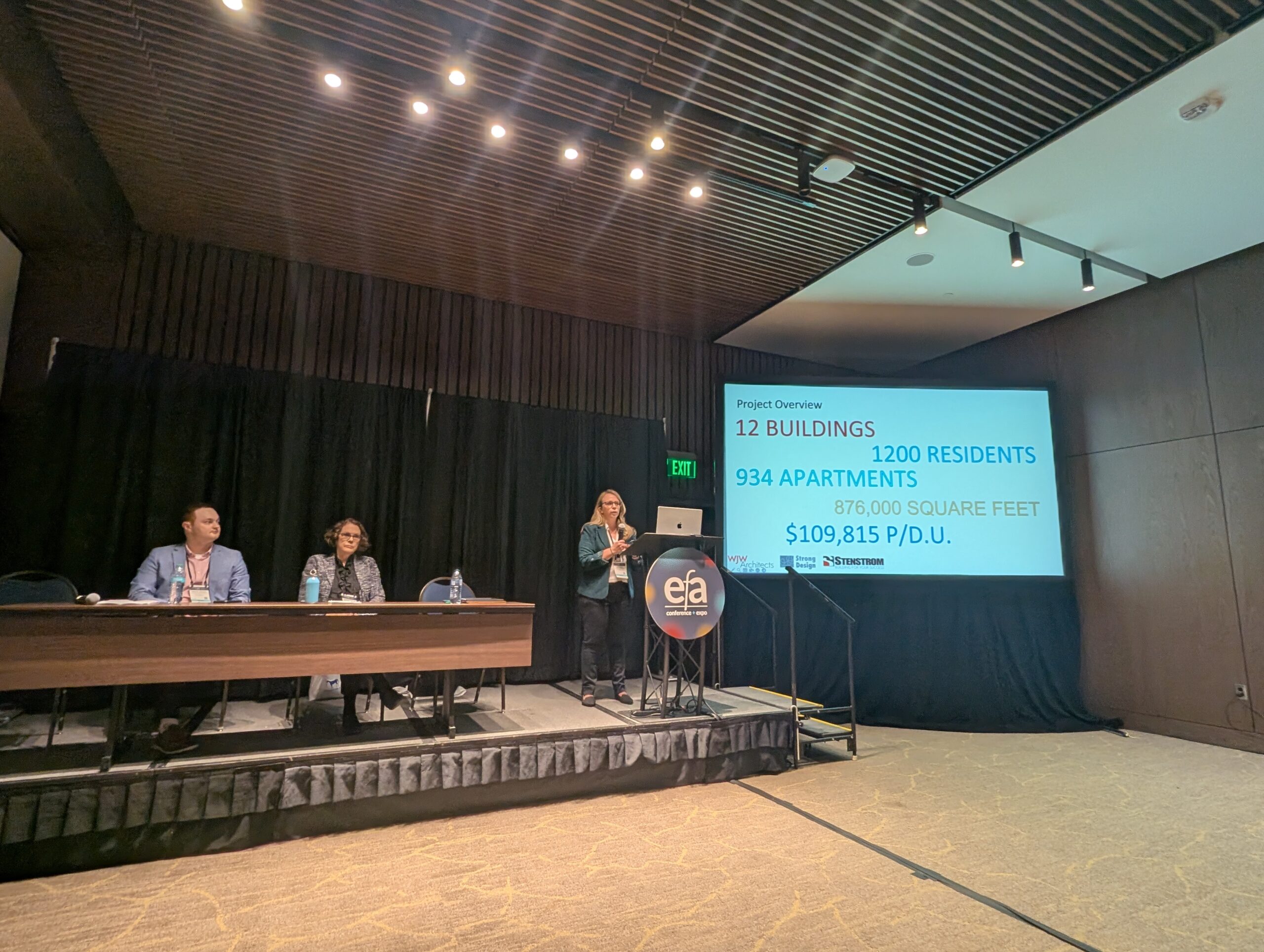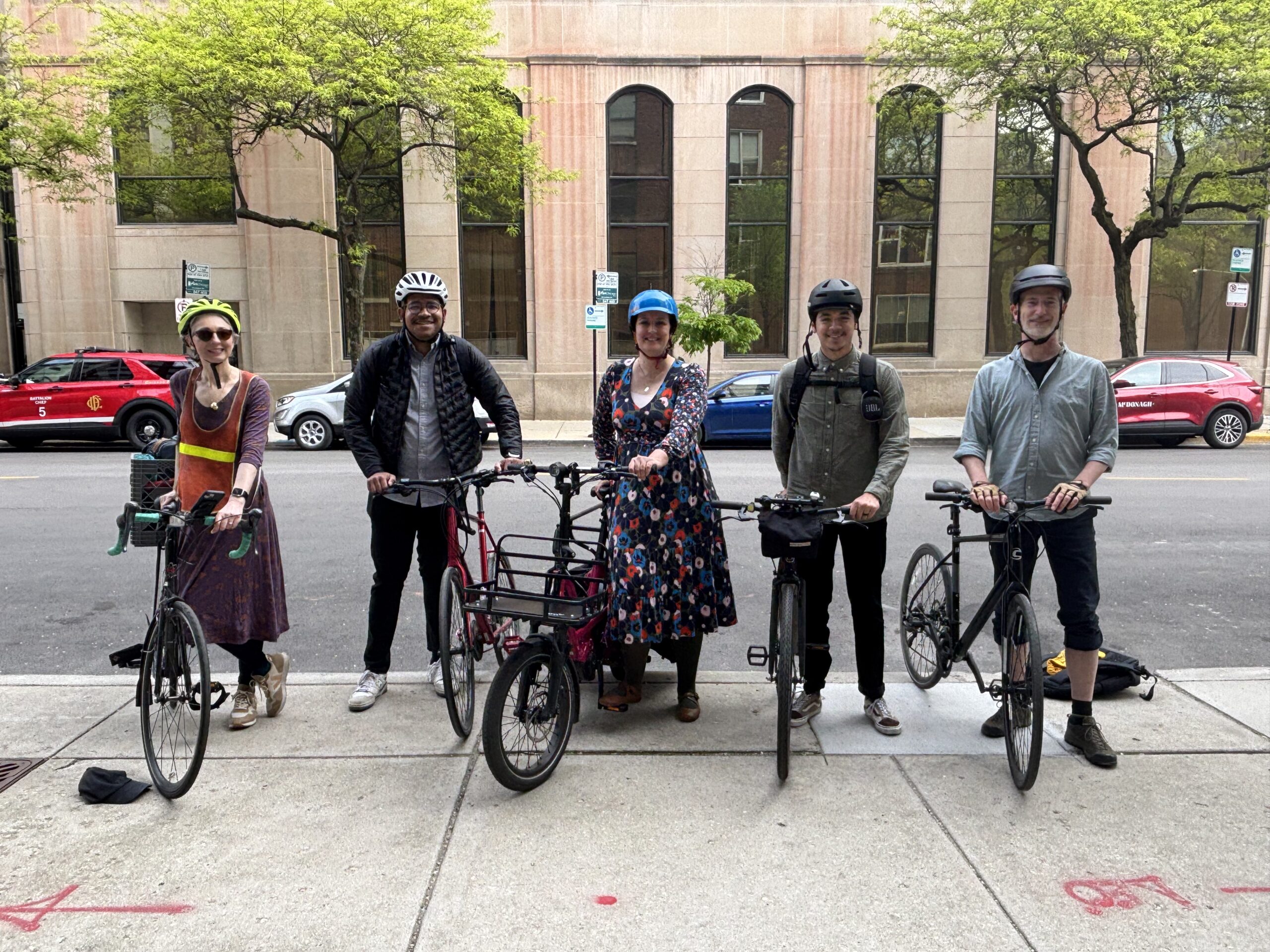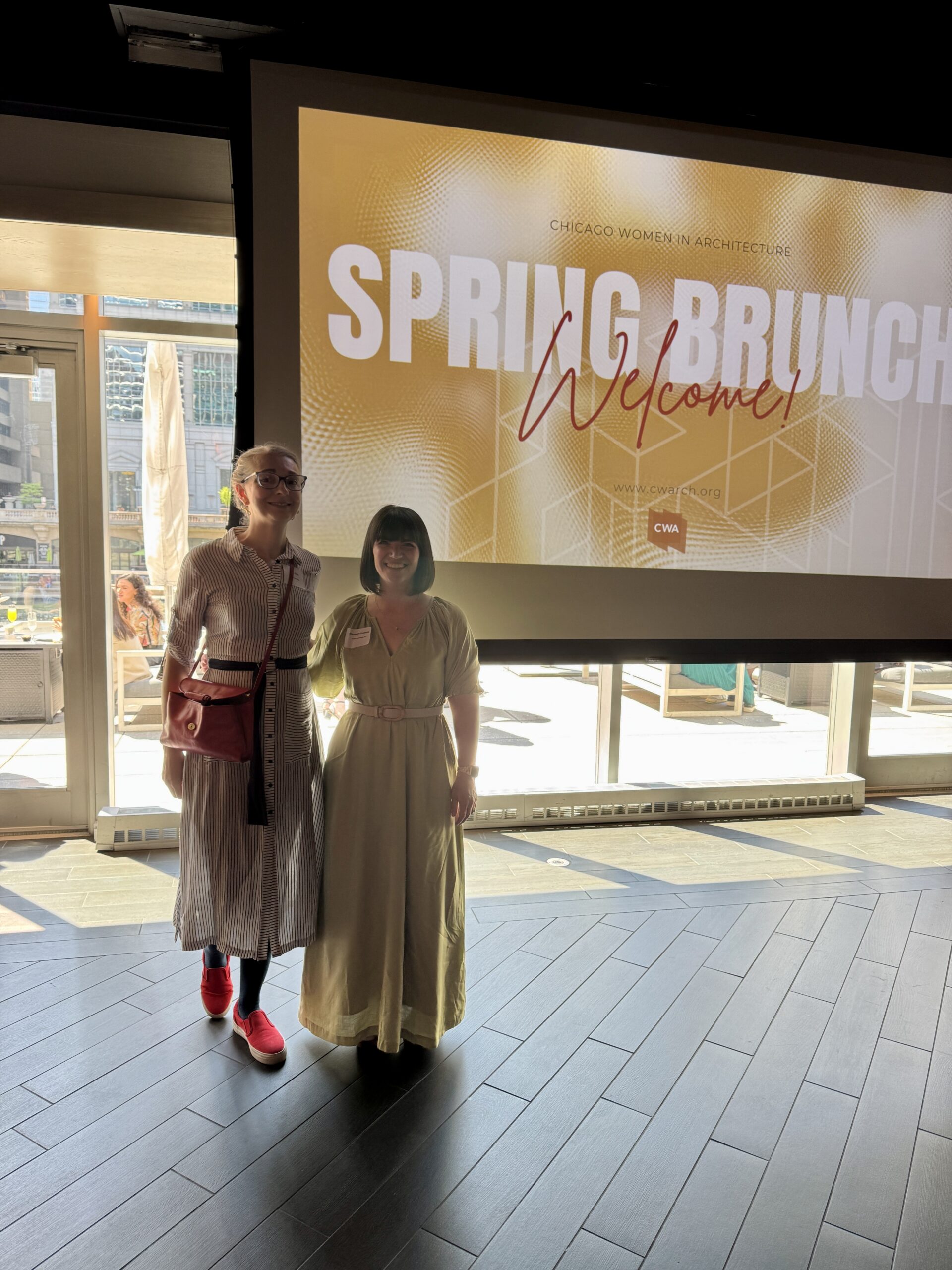WJW Book Club: 2021 Reading List
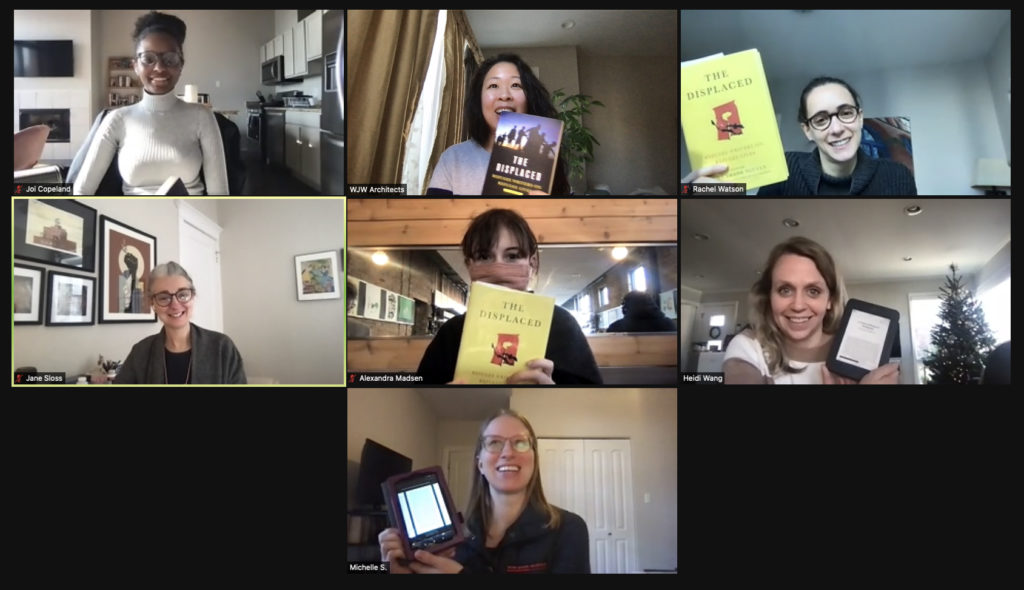
The WJW Book Club continued to meet virtually through 2021, sharing thoughts over a quarterly lunch hour conversation about the selected book and how it might relate back to our work or the communities we serve through our projects.
Here’s what was on the reading list this year:
March:
Brown Girl Dreaming – Jacqueline Woodson
Raised in South Carolina and New York, Woodson always felt halfway home in each place. In vivid poems, she shares what it was like to grow up as an African American in the 1960s and 1970s, living with the remnants of Jim Crow and her growing awareness of the Civil Rights movement. Touching and powerful, each poem is both accessible and emotionally charged, each line a glimpse into a child’s soul as she searches for her place in the world. Woodson’s eloquent poetry also reflects the joy of finding her voice through writing stories, despite the fact that she struggled with reading as a child. Her love of stories inspired her and stayed with her, creating the first sparks of the gifted writer she was to become.
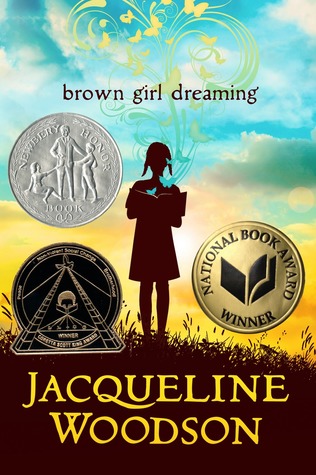
June:
The South Side: A Portrait of Chicago and American Segregation – Natalie Y. Moore
A lyrical, intelligent, authentic, and necessary look at the intersection of race and class in Chicago, a Great American City. In this intelligent and highly important narrative, Chicago-native Natalie Moore shines a light on contemporary segregation in the city's South Side; with a memoirist's eye, she showcases the lives of these communities through the stories of people who reside there. The South Side shows the impact of Chicago's historic segregation - and the ongoing policies that keep the system intact.
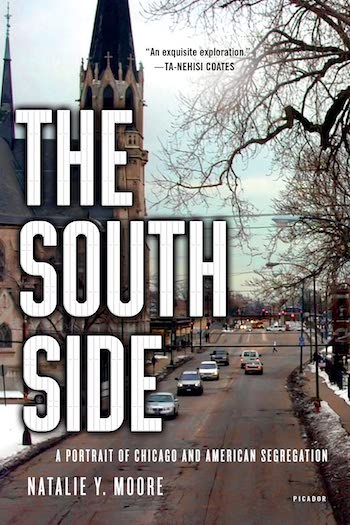
September:
1919 – Eve Ewing
The Chicago Race Riot of 1919, the most intense of the riots comprising the nation's Red Summer, has shaped the last century but is not widely discussed. In 1919, award-winning poet Eve L. Ewing explores the story of this event--which lasted eight days and resulted in thirty-eight deaths and almost 500 injuries--through poems recounting the stories of everyday people trying to survive and thrive in the city. Ewing uses speculative and Afrofuturist lenses to recast history, and illuminates the thin line between the past and the present.
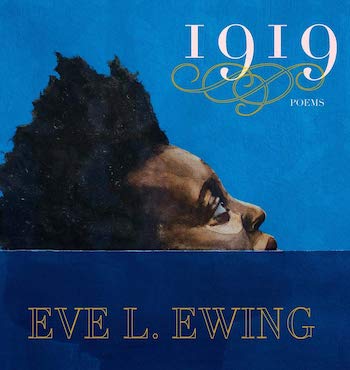
December:
The Displaced: Refugee Writers on Refugee Lives – Edited by Viet Thanh Nguyen
In January 2017, Donald Trump signed an executive order stopping entry to the United States from seven predominantly Muslim countries and dramatically cutting the number of refugees allowed to resettle in the United States each year. The American people spoke up, with protests, marches, donations, and lawsuits that quickly overturned the order. But the refugee caps remained.
In The Displaced, Pulitzer Prize–winning writer Viet Thanh Nguyen, himself a refugee, brings together a host of prominent refugee writers to explore and illuminate the refugee experience. Featuring original essays by a collection of writers from around the world, The Displaced is an indictment of closing our doors, and a powerful look at what it means to be forced to leave home and find a place of refuge.
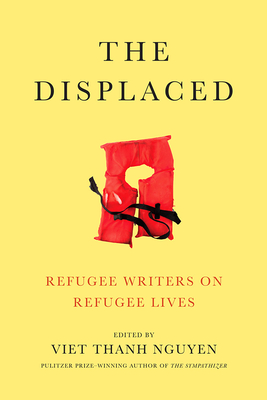
We look forward to another year of insightful reading in 2022!
Check out last year’s selections here.
